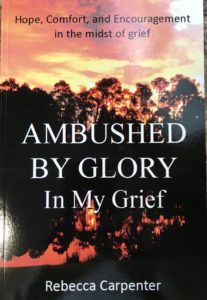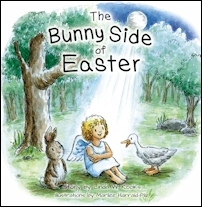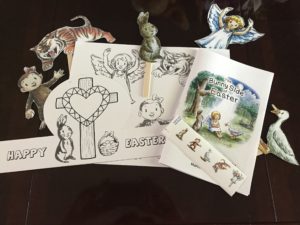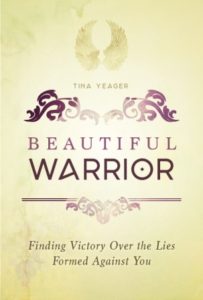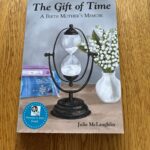When troubling times come to our nation, I can’t help wondering what God is doing. In these situations, my mind often drifts to some thought-provoking words in the “Battle Hymn of the Republic.” The words were penned during the Civil War by Julia Ward Howe who was an abolitionist. Stanza 4 declares: “He is sifting out the hearts of men before His judgment-seat. Oh, be swift, my soul, to answer Him! Be jubilant, my feet! Our God is marching on.”
As I look at what has been happening in our country during the last couple of weeks – the angst and pain, the mayhem and anger, I hear those words in my head “He is sifting out the hearts of men . . . .” and I wonder.
Is that what God is doing? Is He sifting our hearts? And are we listening? Are we listening to what God is saying to us during these times?
What is God Saying to Us?
Jeremiah 17:9 tells us, “The heart is deceitful above all things and beyond cure. Who can understand it?” And Proverbs 21:2 pushes the point even further by convicting us of our own stubbornness. “Every way of a man is right in his own eyes, but the Lord weighs the heart.”
It’s the human condition. We are fallen creatures. And unfortunately we often seem to need a time of tribulation for God to get our attention. We see this stated again and again throughout scripture. Proverbs 17:3 compares the testing of our hearts to the refining of gold and silver. “The refining pot is for silver and the furnace for gold. But the Lord tests the heart.”
We have been in the refining pot of late. We may even feel like we’ve been in the furnace. First, during this pandemic, and now in the frightful aftermath of the injustice witnessed in the cruel death of an innocent man.
And I believe God is getting our attention.
In the shock and dismay I see around this land, I see walls crumbling – people who have stood on different sides of the divide – suddenly expressing a new understanding. Hearts are opening in the midst of God’s refining fire. And perhaps this is what God wants to do with us as a people—to sift out the hearts of men before his judgment seat so we can see one another through His eyes. For I believe before the wrongs of our society can be changed, our hearts must change first.
A Demonstration of God’s Healing Love
At Faith Assembly of God in Orlando last Sunday morning, I witnessed a beautiful example of what we as Christians can do to come together with those of other races.
Toward the end of the service, Pastor Carl Stephens (who is white) called a young black man to the stage, who told his story of growing up in a small Georgia town, where he was snubbed and subjected to a steady diet of racial slurs, indignities, and shame throughout his young life. Although he was initially taught to hate those who hated him, some white people who looked past his color to value him as a person opened his heart to another way. One of these was a police officer. But the true answer for racial harmony, he said, lies in hearts being changed by Jesus Christ.
His story was sobering, but what followed touched me more deeply than I can describe.
Pastor Stephens lead him to a chair, knelt, and took a basin of water with which he washed the young black man’s feet. As he did so he spoke about Jesus’ love and Jesus’ example to us of how to serve one another with humility and love. During those few moments, I know many tears were shed throughout the congregation as we watched this beautiful demonstration of the love of Jesus. It was a time of humility and healing.
The healing that occurred in this church where there is an even mix of races—black, white and Hispanic—was a powerful expression of what we as Christians can do when we allow God’s Word to penetrate our hearts.
Somehow this hit me more acutely than ever before in a way that humbled me as a white woman. I saw the pain and fear that many black people must endure in their daily life. And I couldn’t help thinking: perhaps this is the answer—Christians of all colors and races coming together in the humility of washing each other’s feet.
We are called as Christians to love one another, to serve one another, to have compassion for one another, Colossians 3:12 says, “clothe yourselves with compassion, kindness, humility, gentleness and patience. Bear with each other and forgive whatever grievances you may have against one another. Forgive as the Lord forgave you. And over all these virtues put on love, which binds them all together in perfect unity. Let the peace of Christ rule in your hearts.”
Correcting the injustices and ills of our society needs to begin with changing the hearts of its people, and the greatest changer of hearts is Jesus Christ. If each of us searches our own hearts, if we allow the love of Jesus to sift through any insensitivities or wrong thinking we have clung to, perhaps we will begin to see the healing of our nation.
“Oh, be swift, my soul, to answer Him! Be jubilant, my feet! Our God is marching on.”
You can read more about the origins of The Battle Hymn of the Republic here.
Read the story of Jesus washing his disciples’ feet here: John 13:1-17


